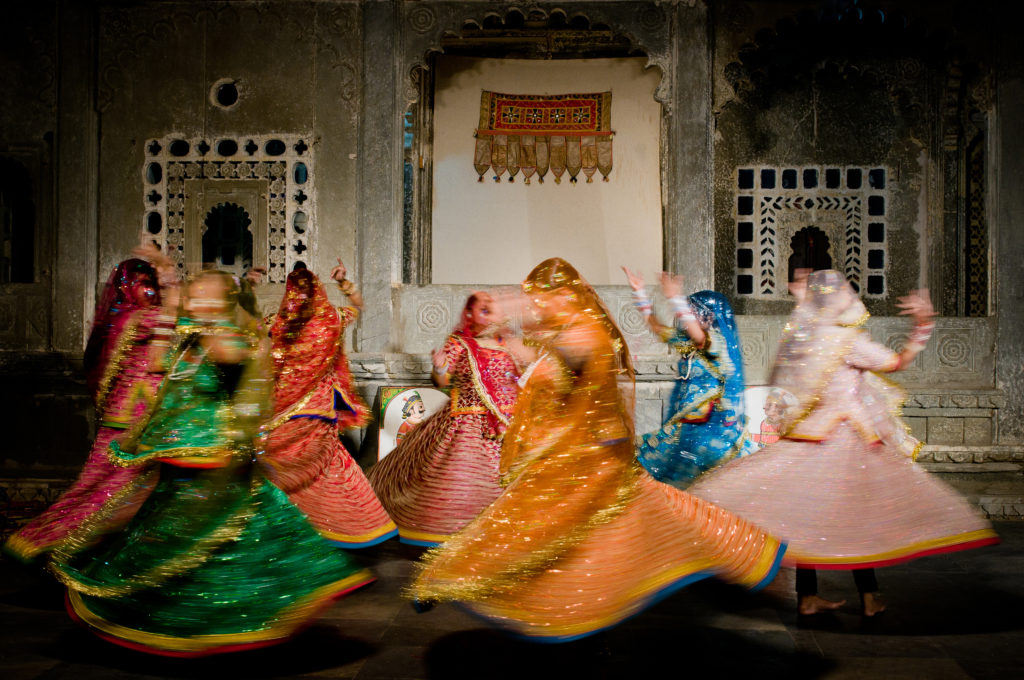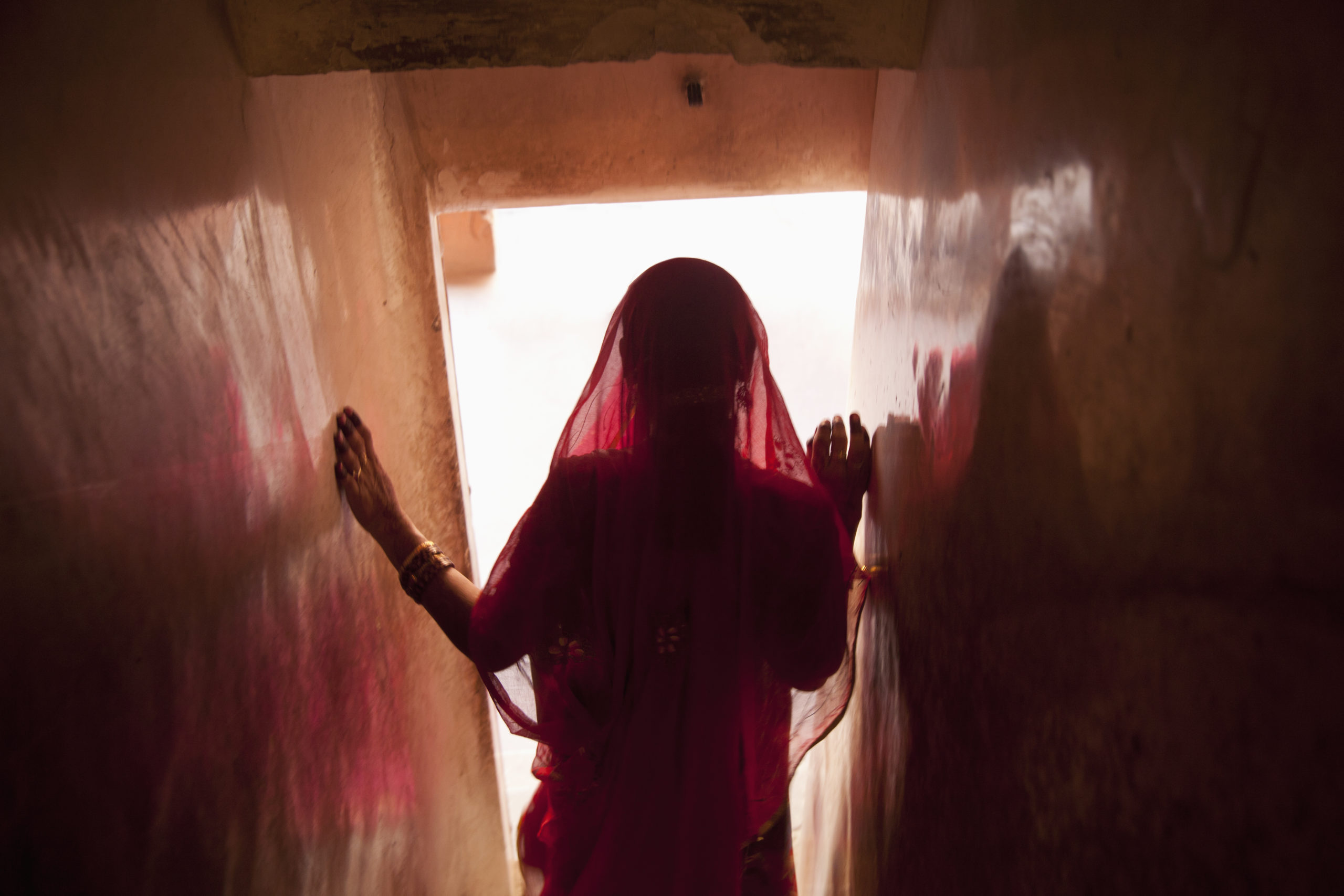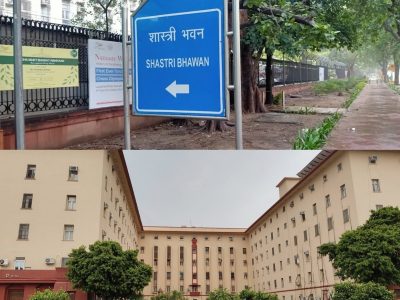In late December 2021, Union Women and Child Development Minister Smriti Irani proposed a new bill. This pertained to increasing the legal age of marriage of a woman from 18 to 21. While proposing this bill, she commented that Indian society has been 75 years late in bringing democracy for the Indian women; a reference to bringing changes in the Child Marriage Prohibition Act 2006.
This amendment bill was alleged to have been introduced “aggressively” by many in the opposition with strong condemnation that it was introduced in haste by the current government. Following protests in the house, it was eventually sent to a Parliament Standing Committee; their verdict is awaited.
Ankita Verma, a student of law at Amity University, says “There are always 18-year-old girls in my community who could be persuaded to marry at such a young age, by family or the person they want to marry. I definitely think that the legal age for marriage for women should be increased to 21 not just so they could stand against outside influence, but also, so that they are more emotionally mature and hence better able to make this decision.”
She also emphasises that “the situation is definitely different for all but I still think precaution is necessary.”
Girls like Ankita would be more confident in putting their point across to their parents at the age of 21 rather than 18. In progressive circles, the age of marriage has shifted to 25, at which juncture parents are more likely to agree that their daughter is old enough to make a choice.
Also Read: Do not marry in haste, girl!
In contrast, a young Shreya Kujur from Asansol who works in the media industry in Delhi tells us, “I come from a middle class Scheduled Tribe (ST) Catholic family. It doesn’t matter if I am married at 18, 21 or at 30 years. Even though we are educated and my parents have given me the freedom of being educated and pursuing a career I like, marrying anyone out of my community, or from another religious background will never be approved by my parents.”
Another young unmarried woman, Aditi Chaudhary, still a student, points out that the link between the bill and POCSO is a concern for her and several others. She says, “POCSO has restricted consensual sex up to 18, which means a person can have sex at 18 but cannot get married till they are 21. Will it not create a new set of issues?” Since the bill proposes to change the age of marriage, it may as well essentially change the age till which one is considered a minor.
She also criticised the point about improving the condition of women who often end up struggling while conceiving at a young age. “I was reading that women who marry at higher ages seem to have better health and nutrition indicators, but maybe this is not caused by them marrying later than others. Maybe it is because women from better-off groups tend to marry at higher ages. Not every woman gets that option.”
As far as positive implications of the amendment are concerned, will it bring relief for potential child brides?

Nangsel Sherpa, a student of M. Phil and an independent researcher of gender and minority rights says, “There is clearly a gap between the lived realities of people and the laws that the government is trying to bring. The idea has a very top own approach and is very myopic. It only looks at a very small group of women.”
She adds, “As per my knowledge, child marriage is not as rampant in my town and region as it would be in other parts of India. That is what I have witnessed as someone who is not coming from a rural setup.”
Saima, a law student from Jamia Millia Islamia says, “I recently interned with a prominent child rights NGO. I found that most of the kidnapping/rape cases registered in Rajasthan were for cases of consensual elopement. This bill would be a hurdle for women. At any given age, when they can be in a live-in-relationship, consent to sexual relationships but cannot marry. Until provisions like exception 3 to Sec 375 IPC exist, women can never be empowered.”
Also Read: Is forcible sex ever okay?
This opinion is echoed by Sheevangi Pandey, an undergraduate student in Delhi. “These laws would be used disproportionately against marginalised men trying to marry above their caste or outside religion. I am saying this from my own experience of observing how the previous age of consent has been weaponised by my family to criminalise lower caste marriage prospects.”
She adds, “There is no conversation surrounding any checks or balances about that anywhere. It’s all about some assumed agency of a woman across social and economic spectrums. Obviously, as a queer person, I find the concept of marriage itself to be oppressive since it validates a cis-heteronormative family structure.”
On a more personal note, Saima adds, “I come from Muzaffarnagar where I am often mocked for studying law. Despite numerous legislations, child marriage and forced weddings are not unheard of in the city. Considering this, the bill can be a sigh of relief for some women, but this would have negligible effect on the women from underprivileged and marginalised societies.”
India is home to around 223 million child brides. Every one in three child brides reside in India, as per a UNICEF report on the current state of child marriages.
As we wait for a final word from the Standing Committee, there may be many girls out there who are now being hassled into marrying before the bill becomes law. Many more may as well benefit from the delays. The 2006 Act, according to the Irani, has failed to solve this menace and this legislative move can come as a relief for millions of women in the country.





